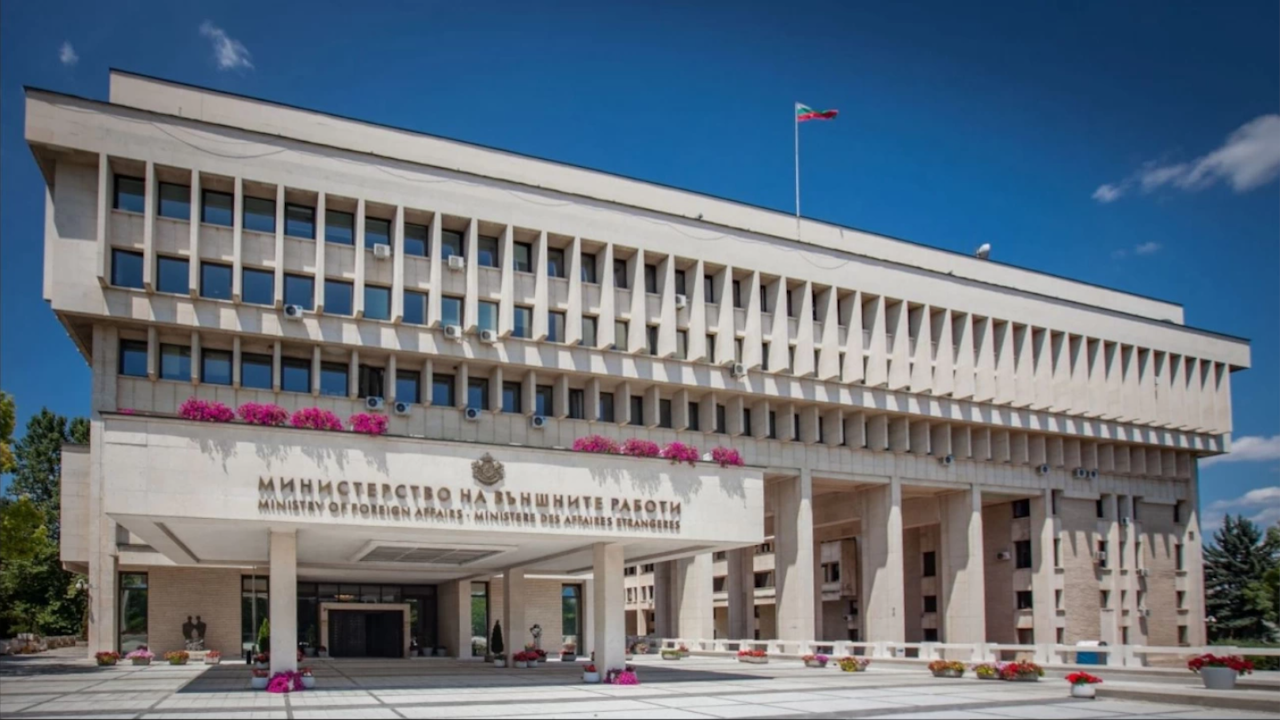Listen to the news
The Ministry of Foreign Affairs (MFA) reminds Bulgarian citizens traveling to the Republic of Croatia to keep in mind that the country will introduce the euro as its national currency from January 1, 2023.
This is also related to the corresponding adaptation of the software of banks, the retail network, restaurants, hotels, etc., the Ministry of Foreign Affairs states on its website.
Until midnight on December 31, 2022, all payments in Croatia should be made in kuna, and immediately thereafter in euro, with the possibility of cash and kuna payments until January 15, 2023.
Croatia will close 73 border crossings from 01.01.2023.
Bulgarian citizens traveling to the country should keep in mind that from January 1, 2023, road tolls will be collected in euros, and all toll stations are adapted to use the new currency.
When converting toll prices, the Croatian Highways Operator (HAC) will round the amounts to one decimal place, to a smaller amount.
HAC informs users that until midnight on January 14, tolls can be paid in both kuna and euros, and from January 15 only in euros.
According to data from the Ministry of Finance of Croatia, all 4,000 ATMs are expected to be adapted and working with the new currency by January 15, and the obligation to display prices in both currencies (kunas and euros) will continue until the end of 2023. Throughout 2023 d. citizens will be able to exchange kunas into euros at financial institutions, and then at the Croatian National Bank.
Banknotes will be able to be exchanged without a time limit, and coins - only for the next three years.
To help citizens easily convert kunas to euros and vice versa, the EuroHR mobile application, with a conversion calculator, was created.
MFA
introduction of the euro
Republic of Croatia
